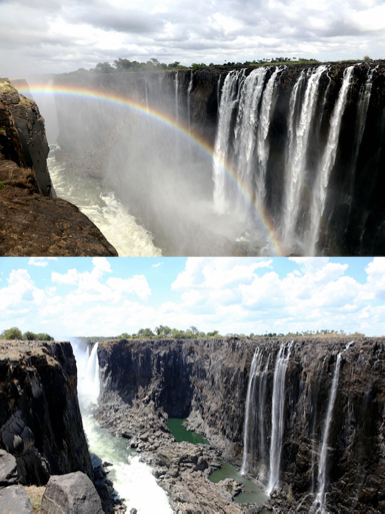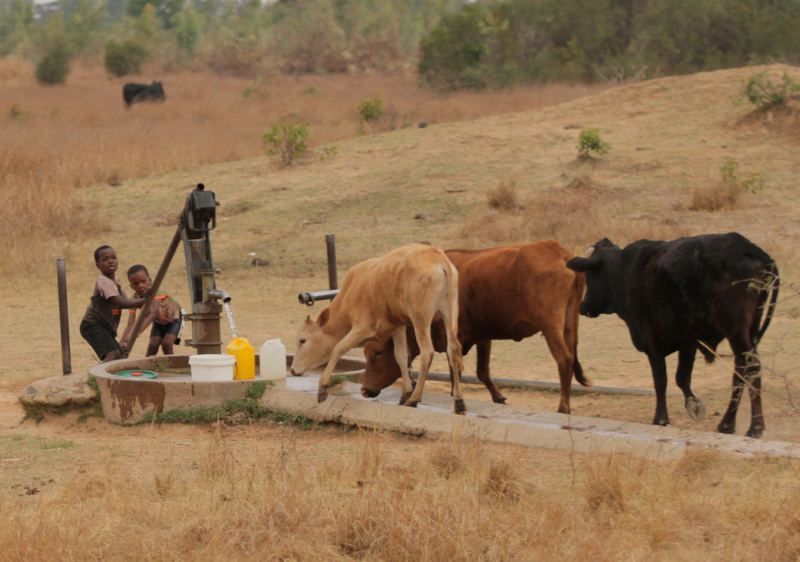Spiralling food prices in Zimbabwe and Zambia have led Cafod to launch an urgent appeal in aid of millions of families currently faced with hunger due to regional drought.
The United Nations has warned that a major food crisis affects 7.7 million Zimbabweans, and that 2.3 million Zambians will face a similar crisis by March of this year.
The Catholic charity’s local aid workers have been working over Christmas and into the new year to get food and safe, clean water to communities in need.
Jo Kitterick, a Cafod representative, said: “Millions of families across both countries have greeted the new year facing hunger. Precious lives will be needlessly lost if we don’t act now.”
Nomalita, 49, one of the Zimabweans facing famine, said: “I am a widow, I live with my three children and grandchildren. I can only give my family a single meal of porridge a day”.
Both Zimbabwe and Zambia currently suffer from high levels of inflation, which has further undermined communities struggling with water and food shortages.
Verity Johnson, Cafod’s Country Representative for Zimbabwe, identified the current crisis as emerging from that context: “Years of economic turmoil and climate change, as well as the recent Cyclone Idai, are pushing families to the brink of starvation.”
 Combo photo shows a view of Victoria Falls on the border of Zambia and Zimbabwe on Dec. 31, 2016 (top) and a view of Victoria Falls on Dec. 13, 2019 (bottom). The volume of water of the Victoria Falls has decreased in recent years.
Combo photo shows a view of Victoria Falls on the border of Zambia and Zimbabwe on Dec. 31, 2016 (top) and a view of Victoria Falls on Dec. 13, 2019 (bottom). The volume of water of the Victoria Falls has decreased in recent years.
Pic by Zhang Yuliang/Xinhua News Agency/PA Images
The ongoing drought has also led to electricity costs soaring, as much of the regions’ energy is generated from hydroelectric plant. Turbines at Kariba, the world’s biggest man-made reservoir and a key regional power source, could be forced to shut completely after water levels dropped to the lowest level in 23 years in December.
The energy crisis has exacerbated the continuing economic crisis in both nations, and further undermined the ability of communities to support each other in a region with few social safety nets.
Cafod has appealed for donations in light of this ongoing humanitarian crisis. Jo Kitterick said: “In a time of crisis the communities we serve tell us how much acts of prayer and support from people thousands of miles away inspires hope that they will be able to survive and rebuild their lives.”
Many commentators and public figures have attributed the changing weather patterns in the region that have produced floods and water shortages to climate change.
Edgar Lungu, the President of Zambia, saidd last year: “Climate change is the biggest problem that [Zambia is] encountering now.” His government has invested heavily in renewable energy. According to the UN, temperatures in parts of Southern Africa are expected to rise by twice the global average as a result of climate change.



 Loading ...
Loading ...